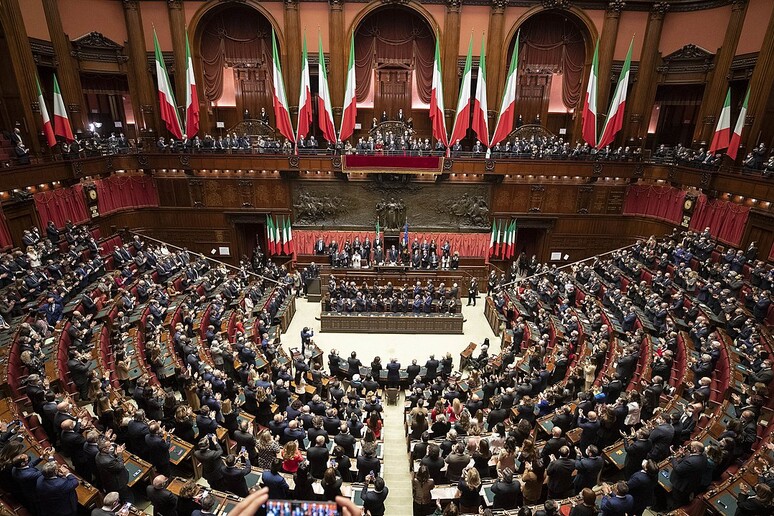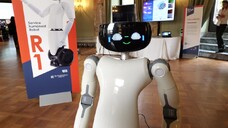Artificial Intelligence is able to predict how MPs will swap caucuses, thus enabling researchers to probe the behaviour of the political class.
The relevant study, published in the journal iScience, is by the Scuola Superiore Sant'Anna in Pisa and is based on the combination of two ingredients: automatic learning algorithms and the possibility of training and testing them on voting data, which are in the public domain today.
"The combined use of open data and artificial intelligence has and will increasingly more have a big impact on the social sciences", comments Silvestro Micera, one of the authors of the study. “Although politics has specific criteria and modes of action, almost wholly of its own,” adds Emanuele Rossi, co-author of the research, “in certain circumstances we can see that the use of scientific methods that are apparently very distant from politics may help analyze and forecast the behaviour of the political class, with possible applications that are clear to all".
The researchers led by Nicolò Meneghetti investigated the relationship existing between votes in the Lower House and the dynamics governing caucus changes in the last two legislatures (2013-2018 and 2018-2022). The algorithm was able to distinguish with high accuracy between the MPs poised to change caucuses and the others.
Riproduzione riservata © Copyright ANSA













